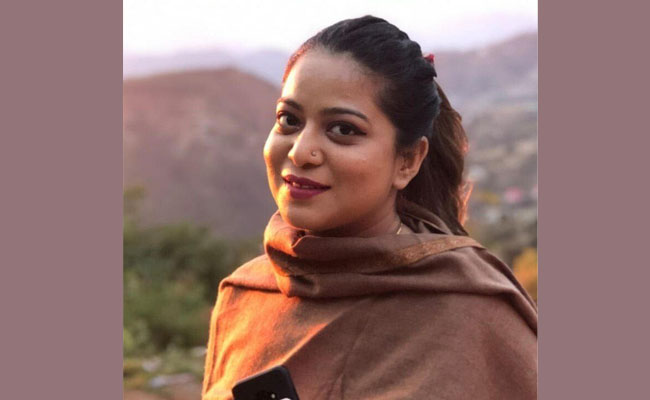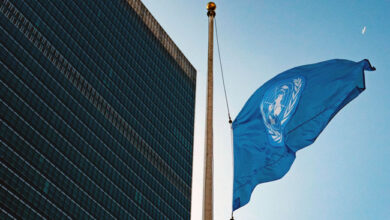India’s attacks on freedom of expression. Justice for Safoora Zargar

Right after the arrest, right-wing trolls went to town about Zargar being an unwed, expectant mother. With social media toxicity spiralling, Zargar’s husband told Alt News that they were married in 2018. That Zargar’s marital status, which has no bearing on the case at hand, should be a matter of speculation, in itself is unacceptable. The choice of becoming a single mother or being a mother in relationships outside the institution of marriage is not the business of the state, or the public at large.
But, of course, the trolls were acting out a political script. They were well aware of what they were doing. The posts were an attempt to turn public opinion against Zargar. Their aim was to nudge a judgemental society to respond to its regressive instincts.
Around the same time the court refused Zargar bail, a pregnant elephant died a torturous death, standing in the middle of a river. Initial reports suggested the elephant was deliberately fed a firecracker-filled pineapple. People from all walks of life – from politicians to Bollywood celebrities – took to social media calling the perpetrators out, some even using the tragedy to attack political opponents. “Post after post lashed out at the supposed perpetrators, angrily wondering how human beings can be so cruel towards an innocent elephant, that too a pregnant one,” wrote Debabrata Pain in this space.
These contradictions in public and political response to the pregnancies of two different species of mothers are too stark to escape notice. Similar things can be said of the recent case when Hindu right-wingers took up cudgels on behalf of protesters in the ongoing Black Lives Matter upsurge in the United States. Many among them, chafing at US police brutality, either supported or remained mum about Bharatiya Janata Party (BJP) leaders like Kapil Mishra, who delivered inflammatory speeches against protesters critical of the Citizenship (Amendment) Act, 2019.
It may be pertinent to remind such people, excited by the US’s anti-racism movement, of India’s own racism, and their own persistent failure to take note of it. Why not let this also be the moment to talk about homegrown racism? Why not use social media to condemn attacks on Nigerians in Delhi and the ritual hounding of people from the Northeast of India? Not to mention the blatant communalisation of COVID-19 in this country.
Ms Zargar is among a number of Muslim students and activists who have been jailed since India’s lockdown began on 25 March, leading to accusations that the government is using the pandemic to crack down on free speech and dissent.
As a member of the Jamia Coordination Committee (JCC), a student group, she had been active in organising peaceful protests against the CAA in north-east Delhi. Her sister Sameeya describes her as “very gutsy, unapologetically honest and very opinionated”.
But police allege she was a “key conspirator” in riots that swept the area in February, in which 53 people, mostly Muslims, died.





